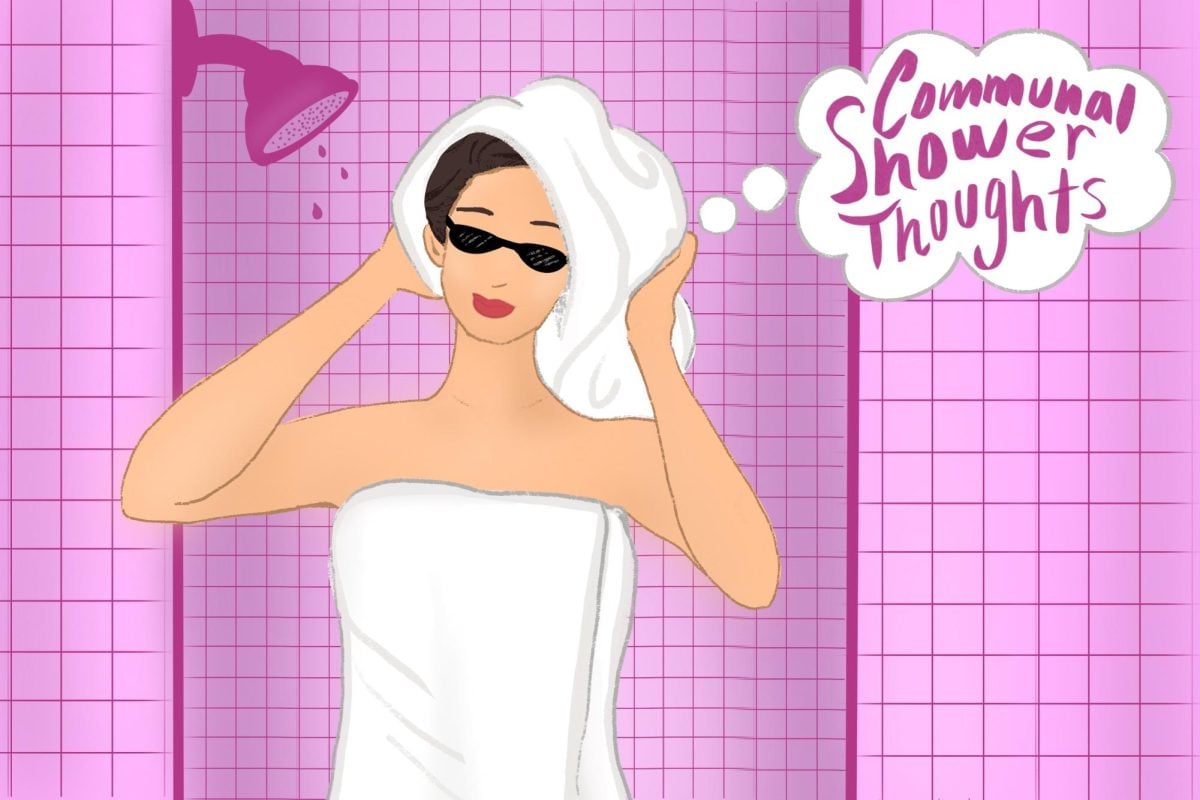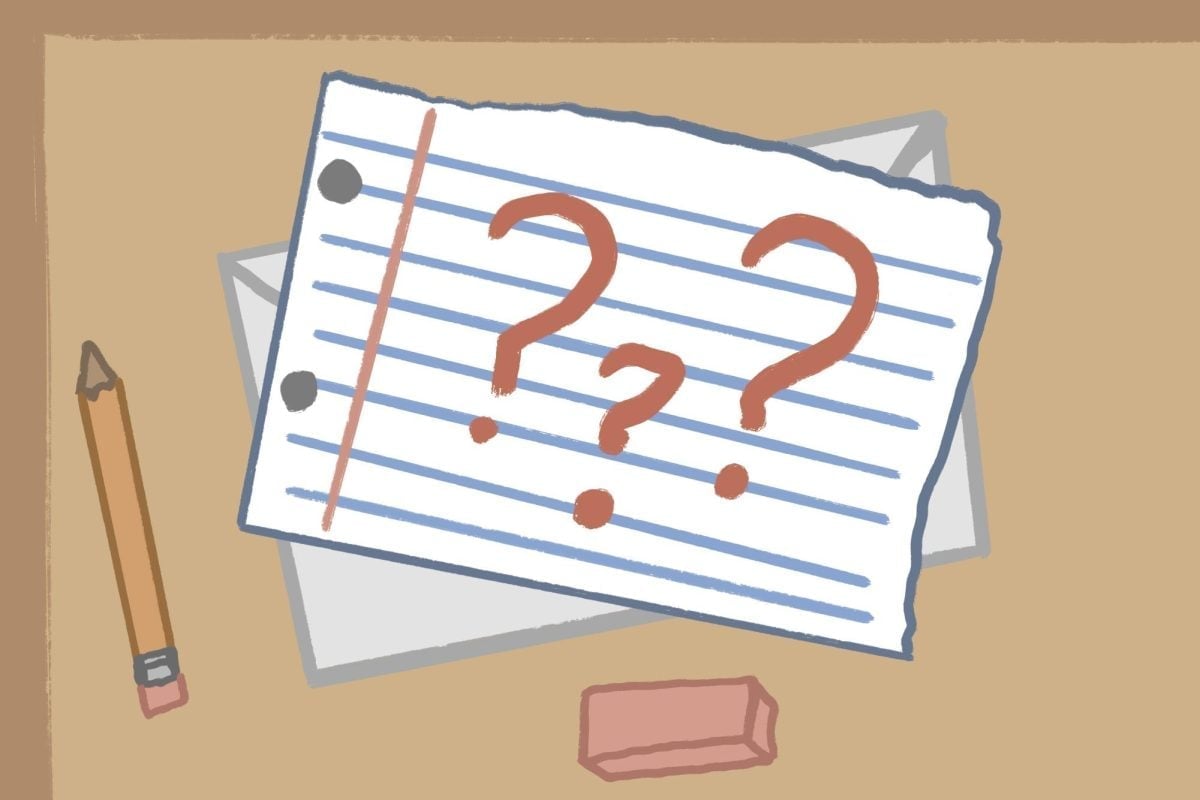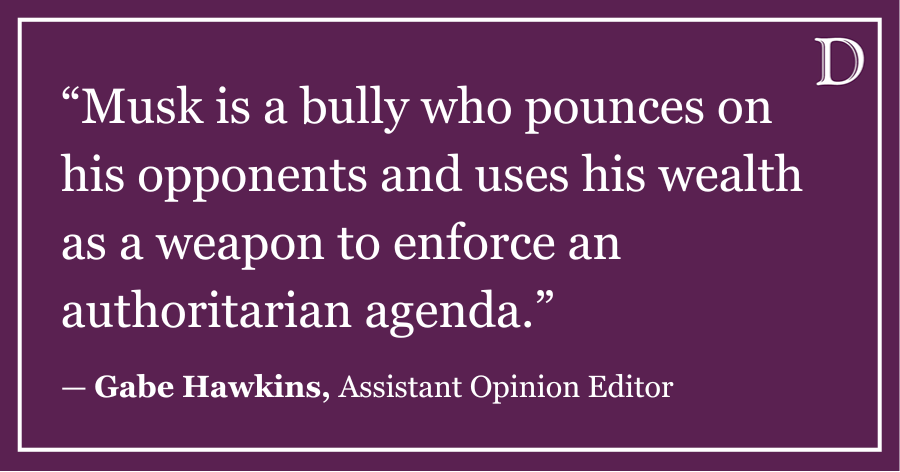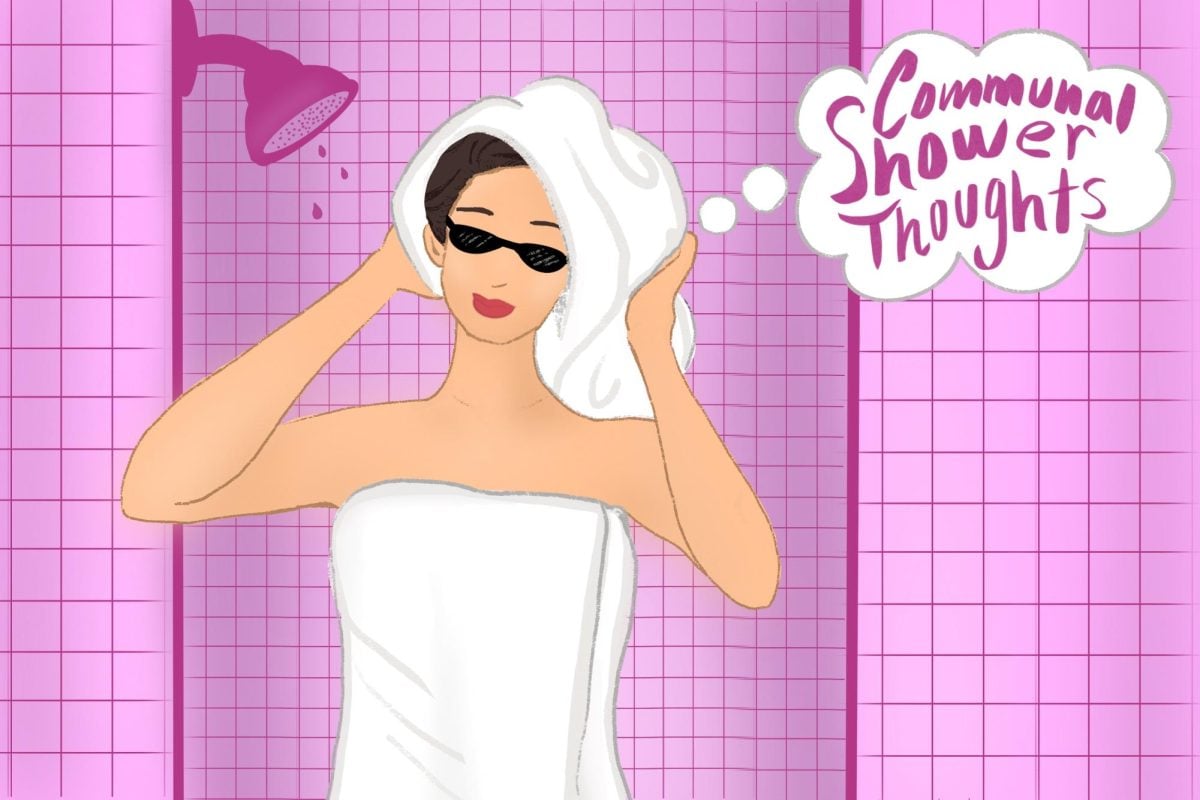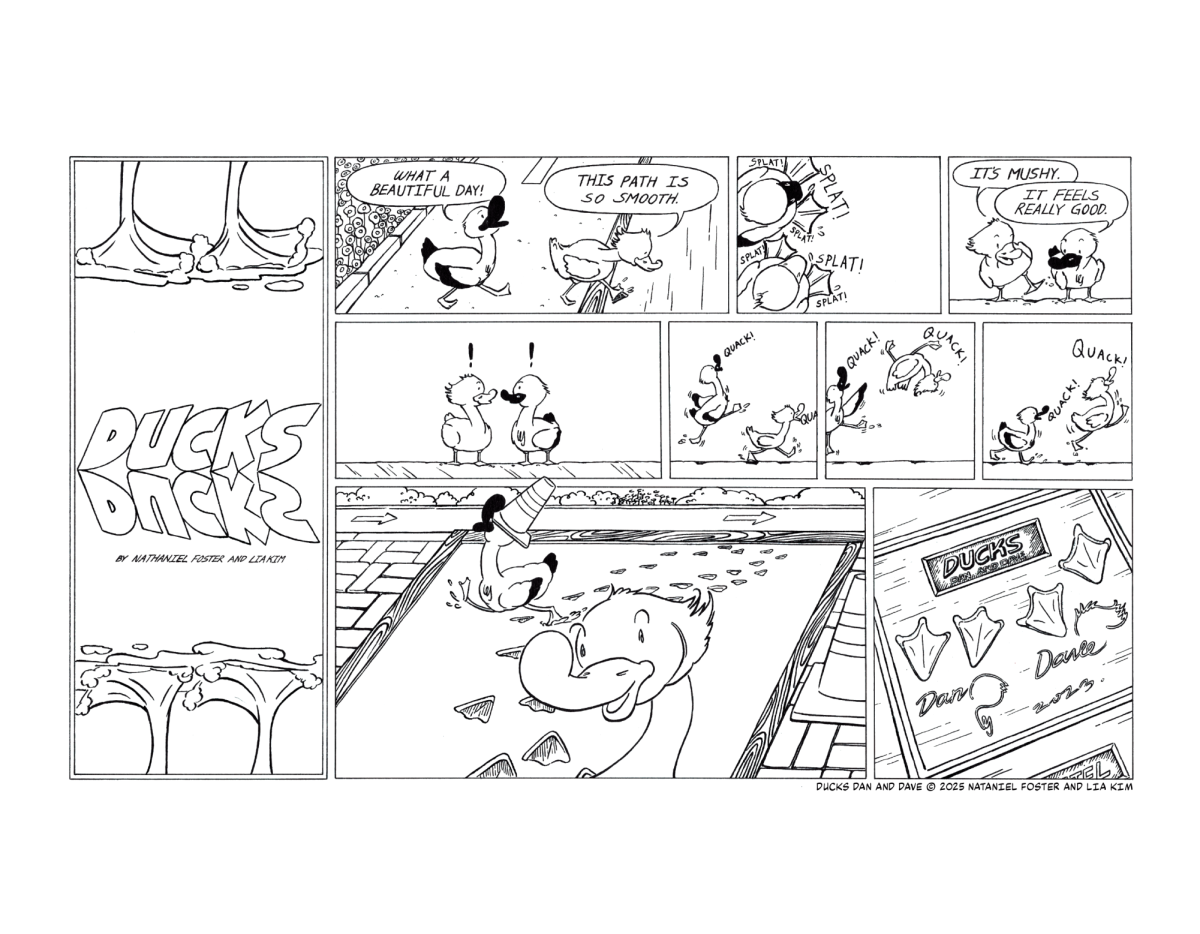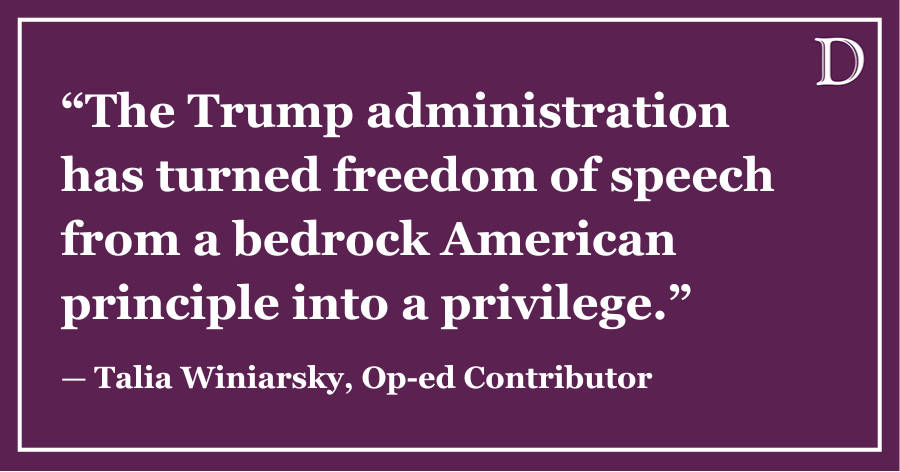I rooted for the Baltimore Ravens in the Super Bowl last Sunday for a number of reasons. I wanted Ray Lewis to win his last football game as a player, I enjoy the color purple (Go ‘Cats!) and perhaps I wanted to spite my Cleveland boyfriend who hates the Ravens.
But I also rooted for the Ravens because I didn’t want to root for the San Francisco 49ers, due to a homophobic remark made by one of the team’s players. I probably shouldn’t be picking my teams based on a single player’s remarks, but these comments were just too great to ignore.
In an interview with radio personality Artie Lange, 49ers cornerback Chris Culliver revealed, “I don’t do the gay guys,” and he said he didn’t believe there were any gay players on the 49ers. And if there were, they “gotta get up out of (the team).”
Culliver offered an apology in a statement released by the team, stating confusingly that, “The derogatory comments I made yesterday were a reflection of thoughts in my head, but they are not how I feel.” The 49ers organization added they rejected Culliver’s personal beliefs, emphasizing their support for the LGBT community.
Last quarter, I wrote a column expressing my view that athletes should set an example and promote tolerance with their public positions. Ironically, I mentioned the “It Gets Better” video the 49ers team produced, promoting it as an example of LGBT support in pro sports.
Watching the video now, the comments the 49ers players made in the video seem nullified by Culliver’s homophobic comments after the fact. Linebacker Ahmad Brooks advises gay teens, “Something you should never experience is being bullied, intimidated or being pressured into being someone or something that you are not.” This seems to run directly in contrast to Culliver’s feelings that if there are gay players on the 49ers, they must leave the team immediately.
The infamous comments have brought an even bigger media firestorm to the 49ers after the “It Gets Better” website pulled the video from their collection of hundreds of LGBT support videos. The decision was made after nose tackle Isaac Sopoaga claimed in an interview with USA Today that, “I never went (to tape the video) … And now someone is using my name.” Brooks voiced his support for gay rights but added, “I didn’t make any video.”
It is understandable that pro football players participate in many endorsements and may not have fully thought about the video they were about to featured in. The video shows the players have little emotion when making these statements and seem to be reading directly off of prepared cue cards. But it is odd that they reacted so defensively when they were asked about the anti-LGBT bullying video they participated in. Why participate in such a video at all if you do not agree completely with the cause?
In contrast to this recent showing of questionable views of homosexuality from pro football players, there needs to be more honest support of LGBT tolerance in the NFL. Players should do more than appearing in “It Gets Better” videos and merely criticizing other players for their homophobic remarks. The NFL needs more LGBT supporters (and hopefully, eventually, players that identify openly as LGBT themselves) who live up to what they preach — on and off the field.
Two great examples of true LGBT supporters in the NFL, who were in the playoffs along with the 49ers, are Brendon Ayanbadejo of the Ravens and Chris Kluwe of the Minnesota Vikings. Kluwe stated, “As athletes, we can make a difference,” and that is exactly what these two outspoken players have been doing. They have used their status as NFL players in the spotlight to prove that the LGBT community deserves support from even the most unlikely supporters – NFL players.
Hopefully in time, there will be no need for easily identifiable LGBT supporters in pro football. The ultimate goal of the NFL should be to create a culture where players of all backgrounds can thrive, including those who identify as LGBT.
Meredith Goodman is a Weinberg sophomore. She can be reached at meredithgoodman2015@u.northwestern.edu. If you would like to respond publicly to this column, email a Letter to the Editor to forum@dailynorthwestern.com.




